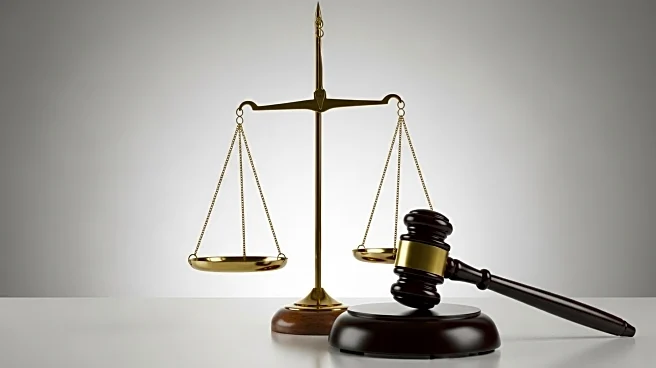What's Happening?
James Comey, the former FBI Director, is scheduled to be arraigned on Wednesday following an indictment on charges of making false statements to Congress. Comey, who served as FBI Director from 2013 to 2017, has denied the charges. The indictment has sparked a debate over whether the Department of Justice (DOJ) has been weaponized by President Trump. The charges against Comey are part of a broader investigation into alleged misconduct during his tenure, particularly concerning his handling of the investigation into Russian interference in the 2016 presidential election.
Why It's Important?
The arraignment of James Comey is significant as it highlights ongoing tensions between the DOJ and former officials from the Trump administration. The case raises questions about the impartiality of the DOJ under President Trump, with critics arguing that the charges are politically motivated. This development could have implications for the credibility of the DOJ and its ability to conduct investigations without political interference. Additionally, the outcome of this case may influence public perception of the justice system and its role in holding government officials accountable.
What's Next?
As the legal proceedings against James Comey unfold, there will likely be increased scrutiny on the DOJ's actions and motivations. Political leaders and legal experts may weigh in on the implications of the case, potentially leading to calls for reforms within the DOJ. The case could also impact future investigations involving high-profile political figures, setting precedents for how such cases are handled. Public and media attention will likely remain focused on the trial, with potential ramifications for the political landscape depending on the outcome.











